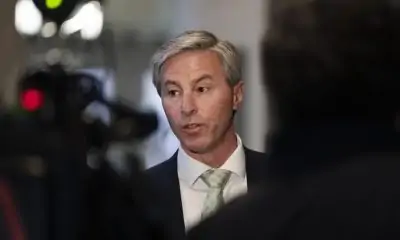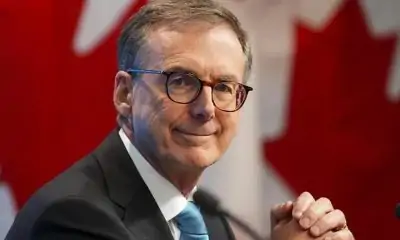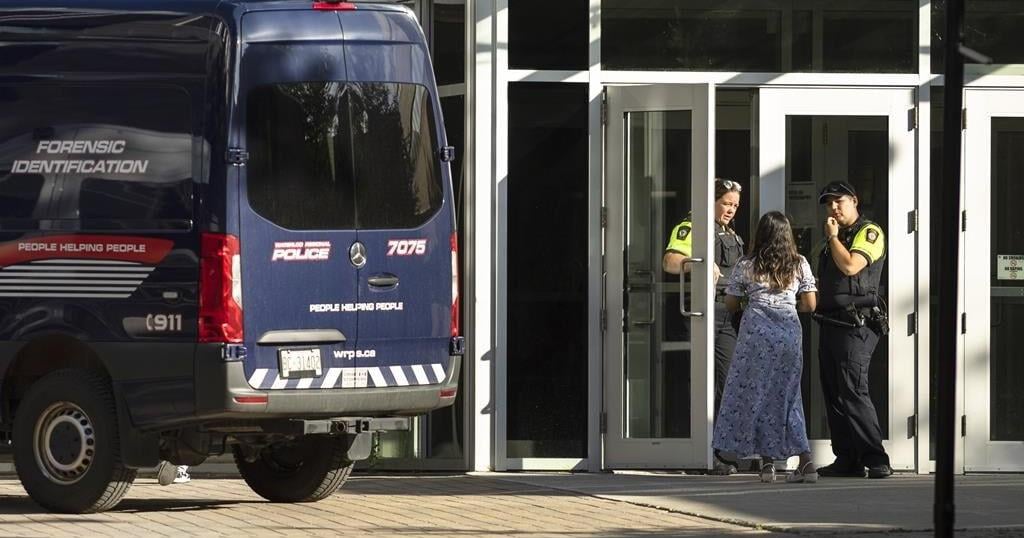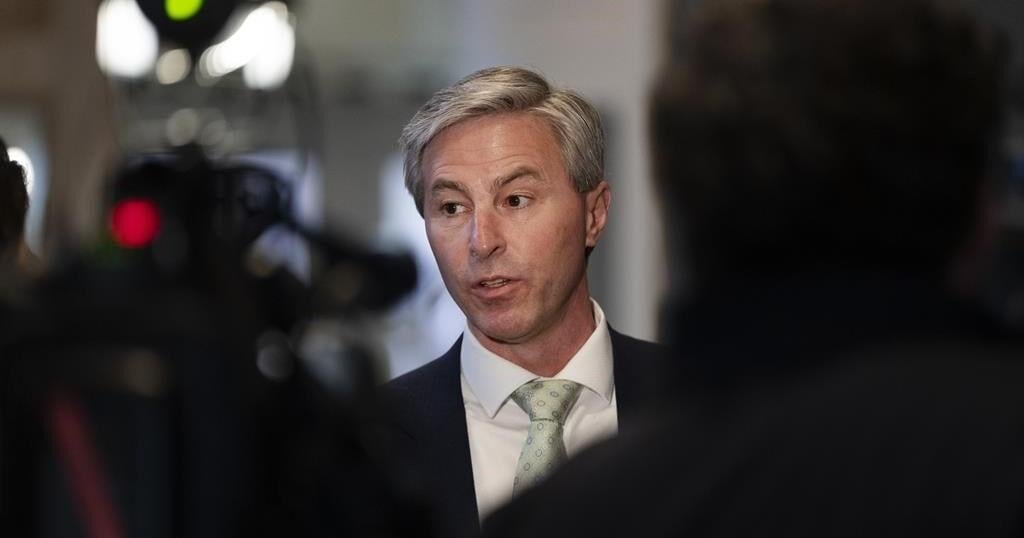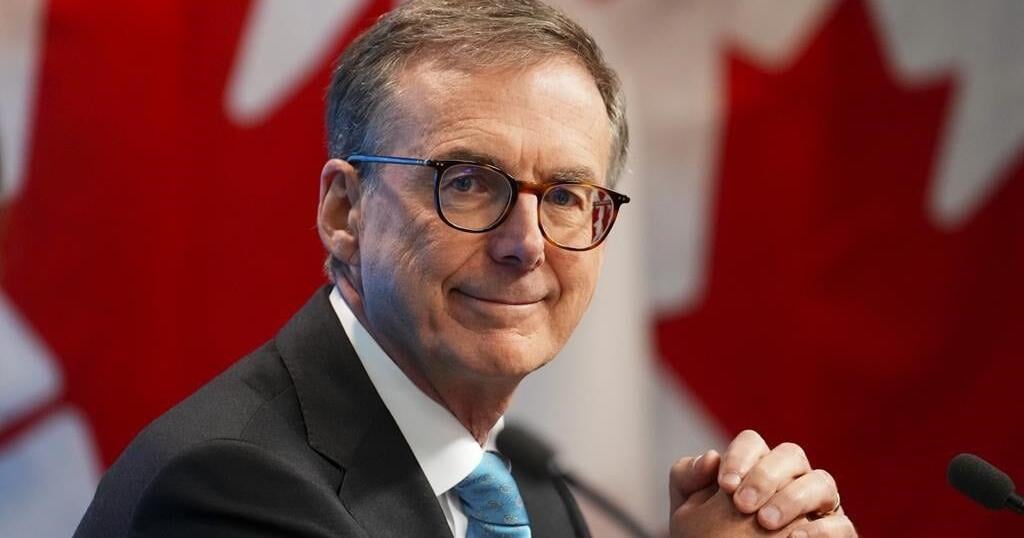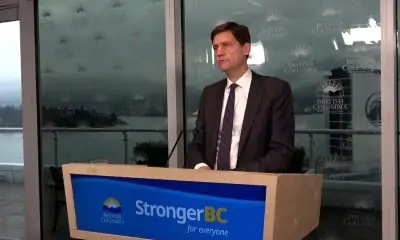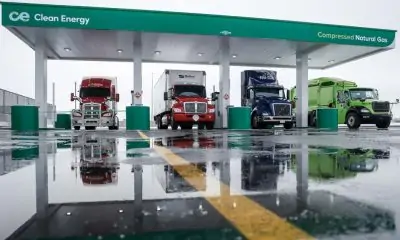OTTAWA — Prime Minister Justin Trudeau said Tuesday he will guarantee that Canada is going to meet its latest climate target, because this time it’s accompanied by a plan that shows how to get there.
Since 1988, Canada has set its sights on eight different greenhouse gas emissions targets. Six of them have come and gone, and Canada never came anywhere close to meeting them.
The next target is set for 2030, and requires Canada to get emissions to 55 to 60 per cent of what they were in 2005. That’s a more-ambitious version of a previous target the Trudeau government set when it came into power.
Based on emissions levels in 2020, meeting the new target would mean cutting about 23 million tonnes of emissions a year, on average. That’s the equivalent of taking five million passenger cars off the road every 12 months until the end of the decade.
In a question-and-answer session at the Canadian Climate Institute’s conference in Ottawa on Tuesday, Bloomberg News climate reporter Akshat Rathi asked if Trudeau would guarantee that Canada can do that.
His response? “Yes.”
“Every other plan was based on targets,” Trudeau said. “Any politician can put forward a target. Can you actually put forward a plan to do it?”
The Liberals’ first climate plan in 2016 set a course toward their initial 2030 target, but never included enough initiatives to actually get there.
Trudeau said Canada’s Emissions Reduction Plan, published in March, does provide a road map all the way to the new target established last year.
For the first time, the plan outlines the emissions that have to be eliminated to hit the 2030 target sector-by-sector, and spells out some, though not all, of the ways that can be achieved.
The oil and gas sector will be required to cap emissions at current levels and then ratchet them down 38 per cent by 2030. The specifics of that cap are in development now, with more details expected next year.
A new tax credit to help oil and gas producers install carbon capture and storage systems will be one of the heavy lifters to help the sector hit its goals. But the industry has been clear it thinks the government’s timeline is too ambitious.
Transportation needs to cut emissions 11 per cent, largely by replacing combustion-engine vehicles with electric versions.
The electricity grid, which is already about 80 per cent clean, needs to further cut emissions by 88 per cent, which will largely come by closing coal-fired power plants and installing carbon capture systems on gas plants.
But Natural Resources Minister Jonathan Wilkinson said at the conference Tuesday that to meet its climate goals, Canada also needs to double or triple the electricity we produce. And to do that, he said, the government is going to have to invest a lot more in renewable energy.
“It is going to need to be of a much more significant scale for us to move forward,” he said.
Trudeau wouldn’t put a timeline on when Canada will start to see a significant decline in greenhouse gas emissions heading toward 2030.
Between 2015, when the Liberals took office, and 2019, emissions went up about 0.7 per cent. In 2020, when COVID-19 shut down large swaths of the economy for weeks on end, emissions finally showed a sharp drop, declining nine per cent compared to 2019.
The 2021 numbers are expected to rebound, given that the economy was much more open.
Skepticism of Trudeau’s climate guarantee is rampant among his political opponents.
Conservative Leader Pierre Poilievre said in question period Tuesday that “the Liberals have not hit a single, solitary climate target since they took office.”
He has promised to cut the carbon price and said Trudeau is a hypocrite for charging extra for “little old ladies” to heat their homes in the winter while he jets around the world on vacations.
This report by The Canadian Press was first published Oct. 18, 2022.
Mia Rabson, The Canadian Press
Related





